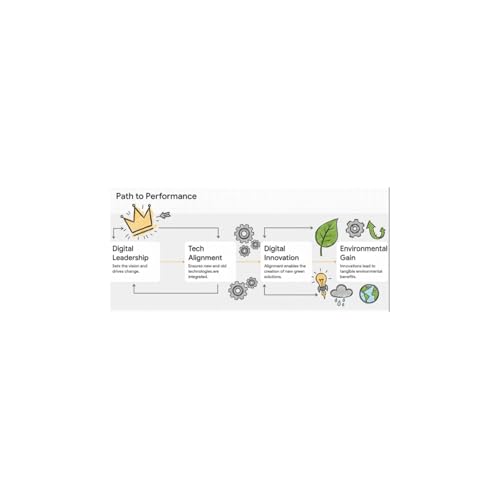
Research for Real
カートのアイテムが多すぎます
ご購入は五十タイトルがカートに入っている場合のみです。
カートに追加できませんでした。
しばらく経ってから再度お試しください。
ウィッシュリストに追加できませんでした。
しばらく経ってから再度お試しください。
ほしい物リストの削除に失敗しました。
しばらく経ってから再度お試しください。
ポッドキャストのフォローに失敗しました
ポッドキャストのフォロー解除に失敗しました
-
ナレーター:
-
著者:
-
Mohsin Malik
このコンテンツについて
Welcome to Research for Real: Translating Research into Actionable Impact for Sustainable Development where we bridge the gap between cutting-edge academic research and everyday life. Join us as we unpack insights on the organizational dynamics to create innovative outcomes in the digital age, sustainable supply chains and circular economy. Our discussions explore how these ideas align with global challenges, driving impact toward the United Nations Sustainable Development Goals: SDG-12 (Responsible Consumption & Production), SDG-9 (Industry, Innovation & Infrastructure), and SDG-3 (Good Health & Well-Being). Tune in to discover actionable takeaways that empower individuals and businesses to create a more sustainable and innovative future.
Please cite the original source https://doi.org/10.1108/IJPDLM-05-2023-0185
エピソード
-
 16 分
16 分カートのアイテムが多すぎます
ご購入は五十タイトルがカートに入っている場合のみです。カートに追加できませんでした。
しばらく経ってから再度お試しください。ウィッシュリストに追加できませんでした。
しばらく経ってから再度お試しください。ほしい物リストの削除に失敗しました。
しばらく経ってから再度お試しください。ポッドキャストのフォローに失敗しました
ポッドキャストのフォロー解除に失敗しました
-
 15 分
15 分カートのアイテムが多すぎます
ご購入は五十タイトルがカートに入っている場合のみです。カートに追加できませんでした。
しばらく経ってから再度お試しください。ウィッシュリストに追加できませんでした。
しばらく経ってから再度お試しください。ほしい物リストの削除に失敗しました。
しばらく経ってから再度お試しください。ポッドキャストのフォローに失敗しました
ポッドキャストのフォロー解除に失敗しました
-
 25 分
25 分カートのアイテムが多すぎます
ご購入は五十タイトルがカートに入っている場合のみです。カートに追加できませんでした。
しばらく経ってから再度お試しください。ウィッシュリストに追加できませんでした。
しばらく経ってから再度お試しください。ほしい物リストの削除に失敗しました。
しばらく経ってから再度お試しください。ポッドキャストのフォローに失敗しました
ポッドキャストのフォロー解除に失敗しました
まだレビューはありません


